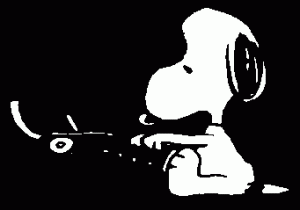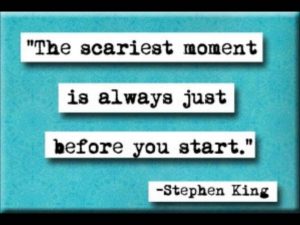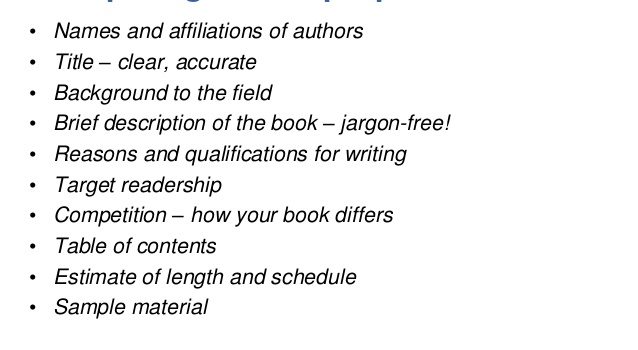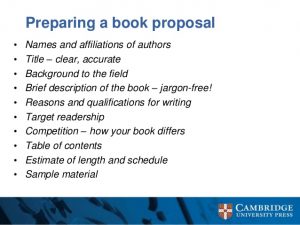CUNY’s Office of Research is hosting a Zoom webinar on book publishing and you are invited!
This event will announce this year’s Book Completion Award Winners and the launch of a new web-based resource for scholarly publishing, and it will feature a panel discussion with university press editors for prospective authors.
Thursday, June 11, 2020 3:00pm – 4:30pm
You can register here: http://ybephbsyus.formstack.com/forms/bcaevent
Welcoming Remarks
Effie MacLachlan, Interim Assistant University Dean for Research, CUNY
Announcement of 2020 Book Completion Award Winners
June 11Tamera Schneider, Associate Vice Chancellor for Research, CUNY
Panel Discussion: ASK UP – the University Press website for prospective authors
Fredric Nachbaur, Director, Fordham University Press
Gisela Fosado, Editorial Director, Duke University Press
Ilene Kalish, Executive Editor, Social Sciences, New York University Press Trevor Perri, Senior Acquisitions Editor, Northwestern University Press

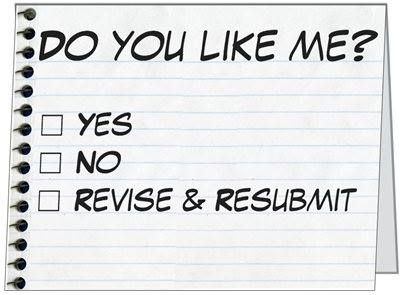

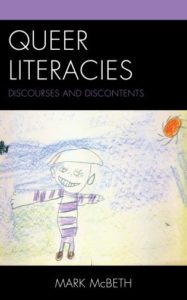
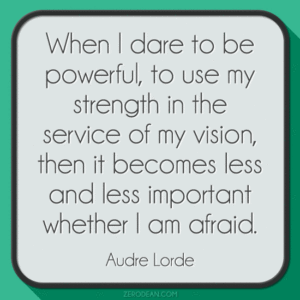 Happy New Year, everyone! Since January is a month when we can energize our commitment to our research and writing goals, its worthwhile to think about how we can chart a course toward success.
Happy New Year, everyone! Since January is a month when we can energize our commitment to our research and writing goals, its worthwhile to think about how we can chart a course toward success.